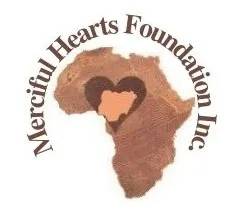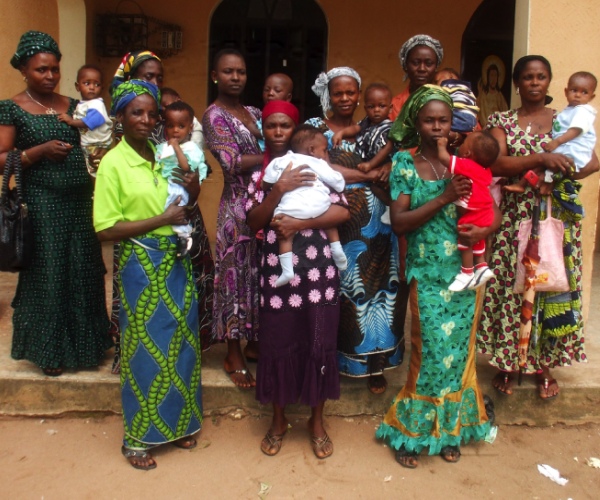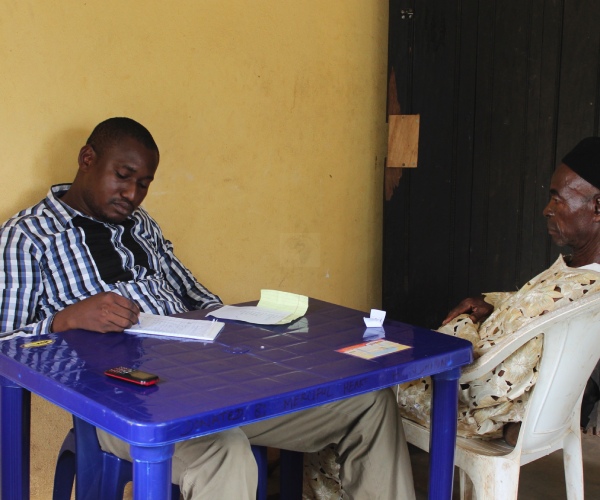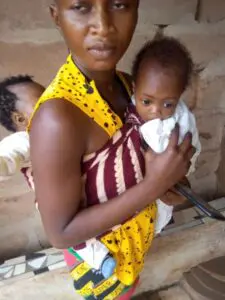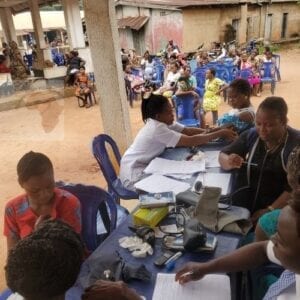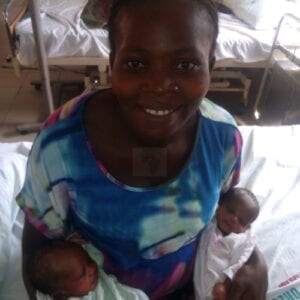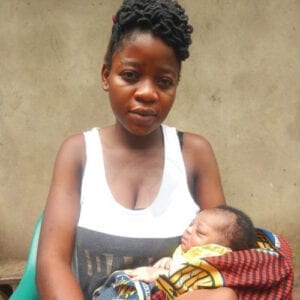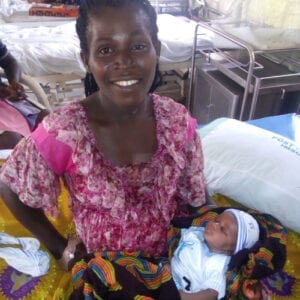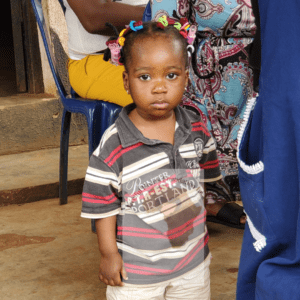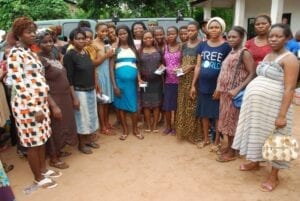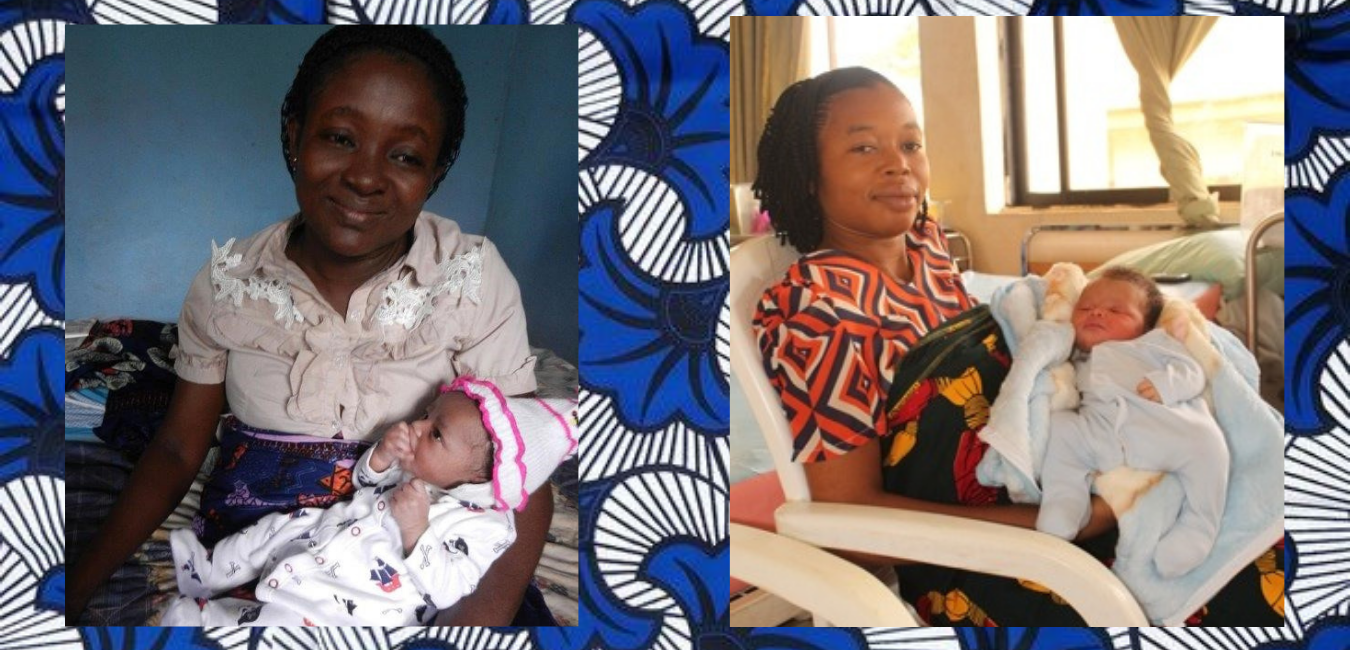
PREVENTABLE AND TREATABLE DISEASES
Five hundred thousand Nigerian women die from easily preventable and treatable diseases and pregnancy related complications annually.
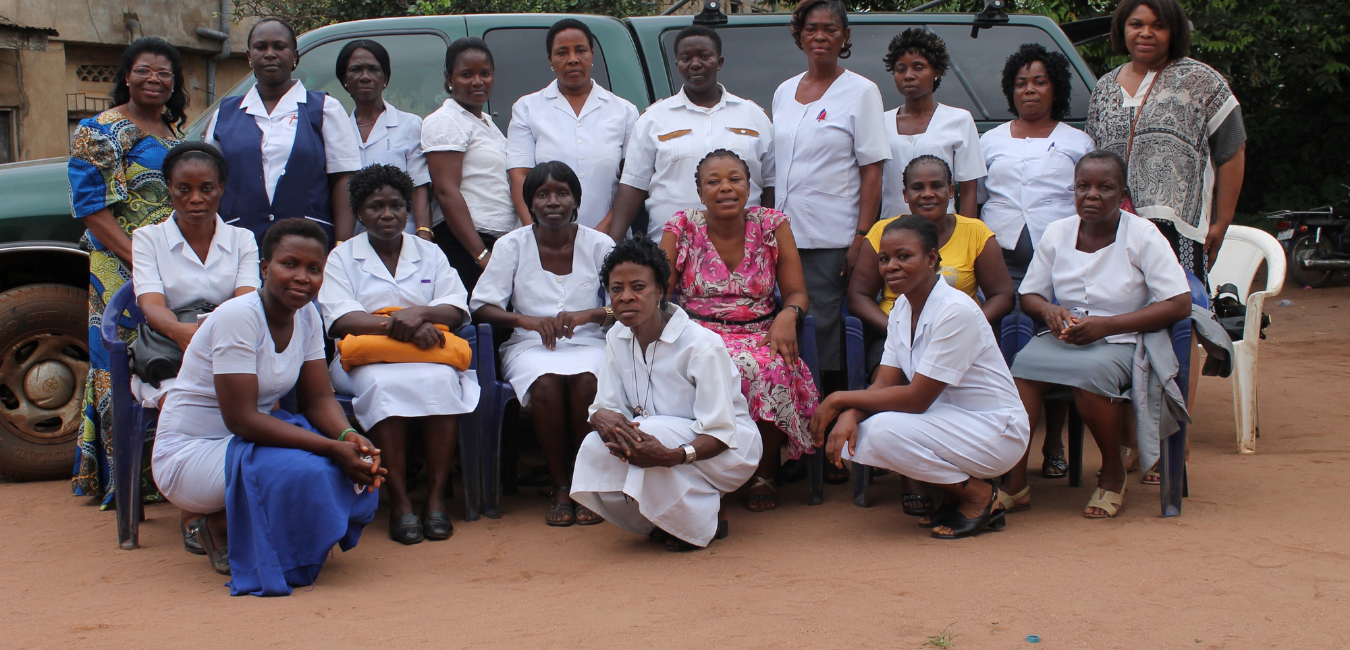
Elderly in Nigeria
A majority of elderly people lack retirement funds and the support of their children is lost when their children move far away to pursue better financial opportunities. The elderly suffer, due to lack of contact, and consequently experience malnutrition and insufficient medical care.
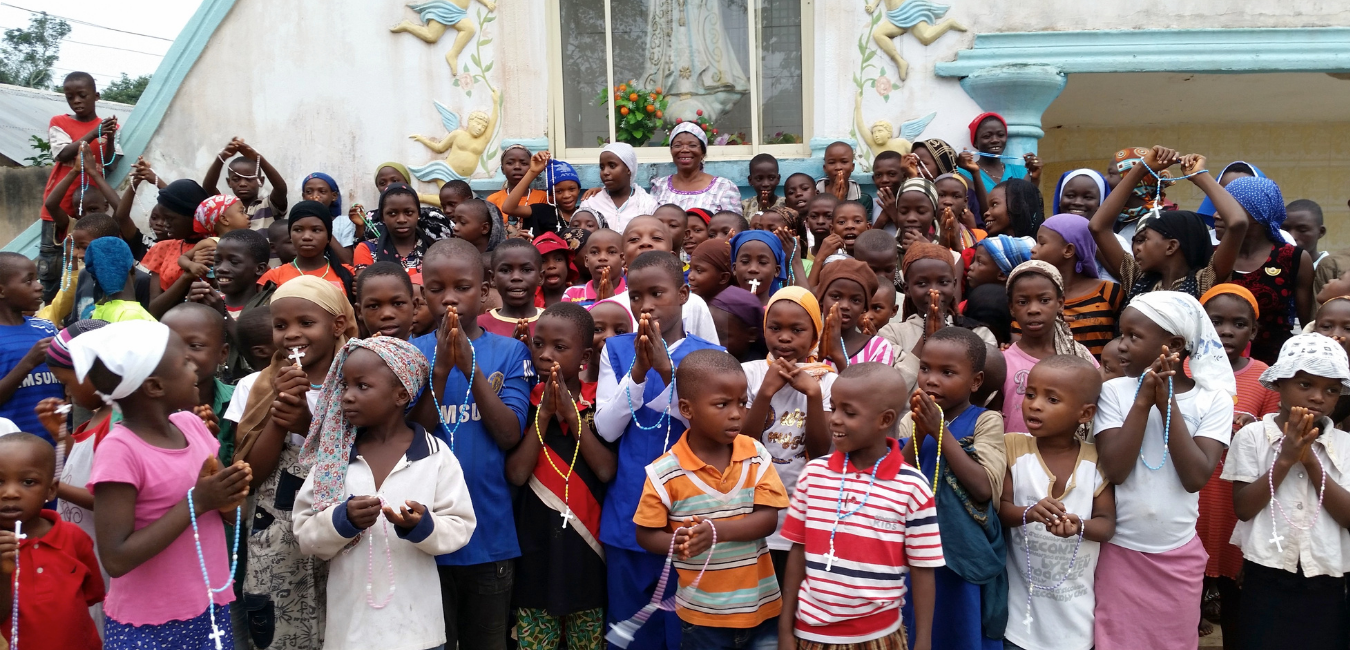
Children in Nigeria
Over 7 million school-age children do not go to school, and over 17% dropout school due to poverty.
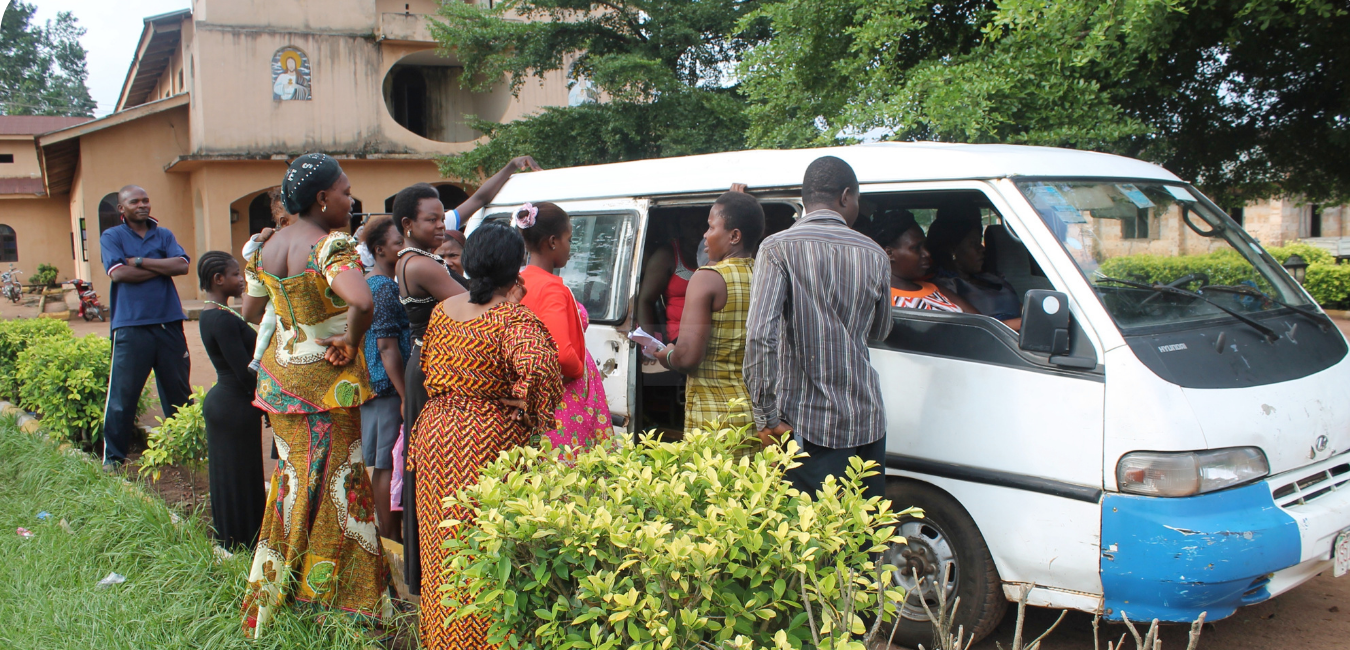
Lack of Healthcare
Access to common healthcare services that support the young, pregnant and the elderly are sorely lacking throughout Nigeria, especially in rural communities.
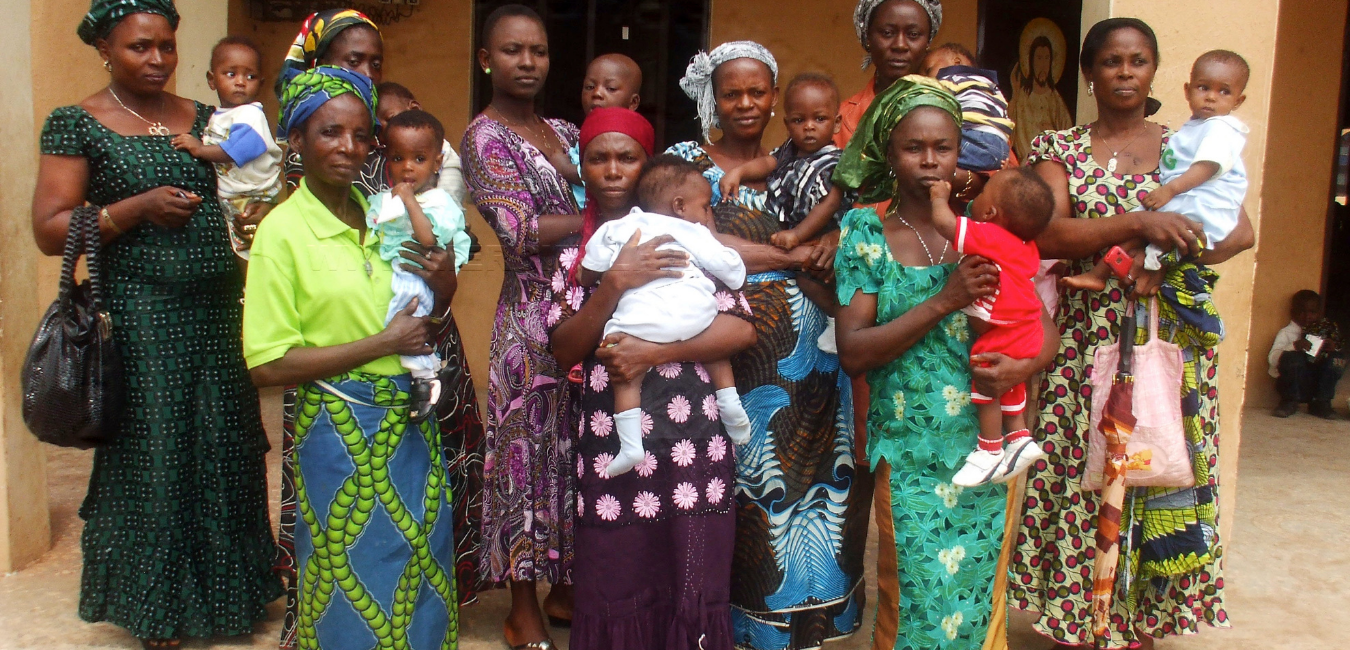
Children Mortality Rate
Approximately 1 million Nigerian children under the age of five die from easily preventable and treatable diseases.
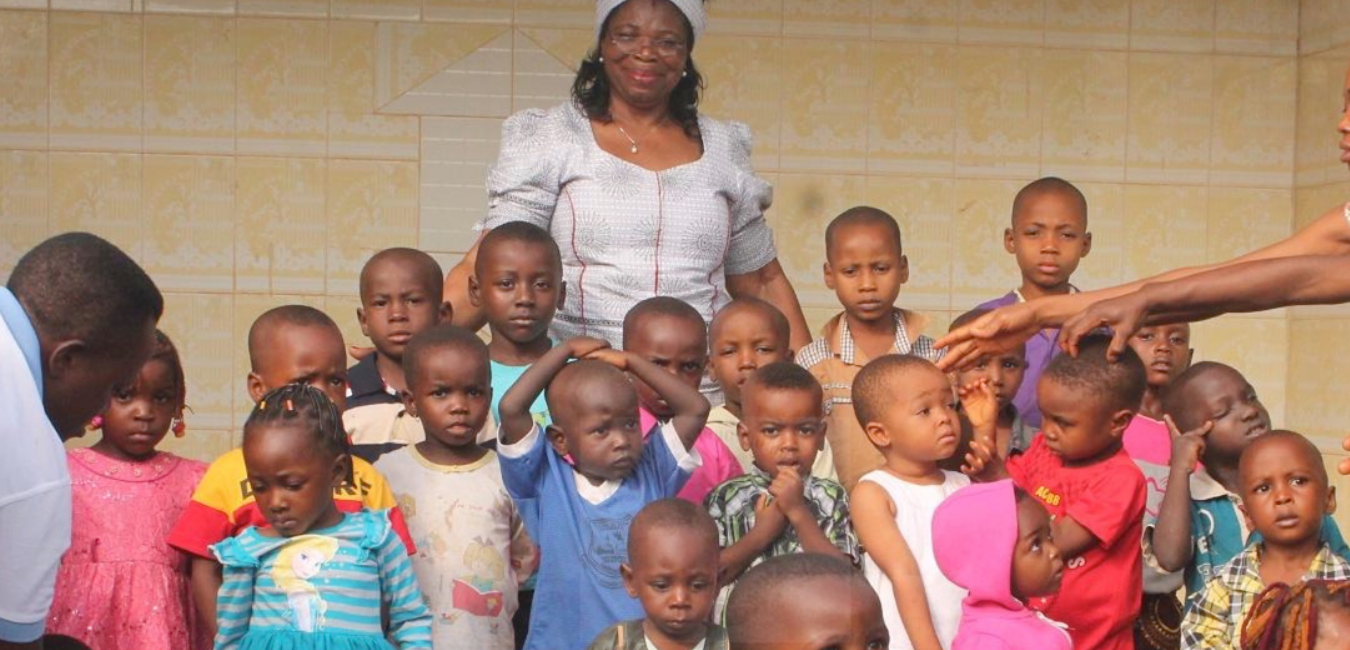
Preventable Health Conditions
Every year thousands of women, children and elders die from preventable health conditions such as iron deficiency, anemia, diarrhea, lack of prenatal care, childbirth and a variety of infectious diseases.
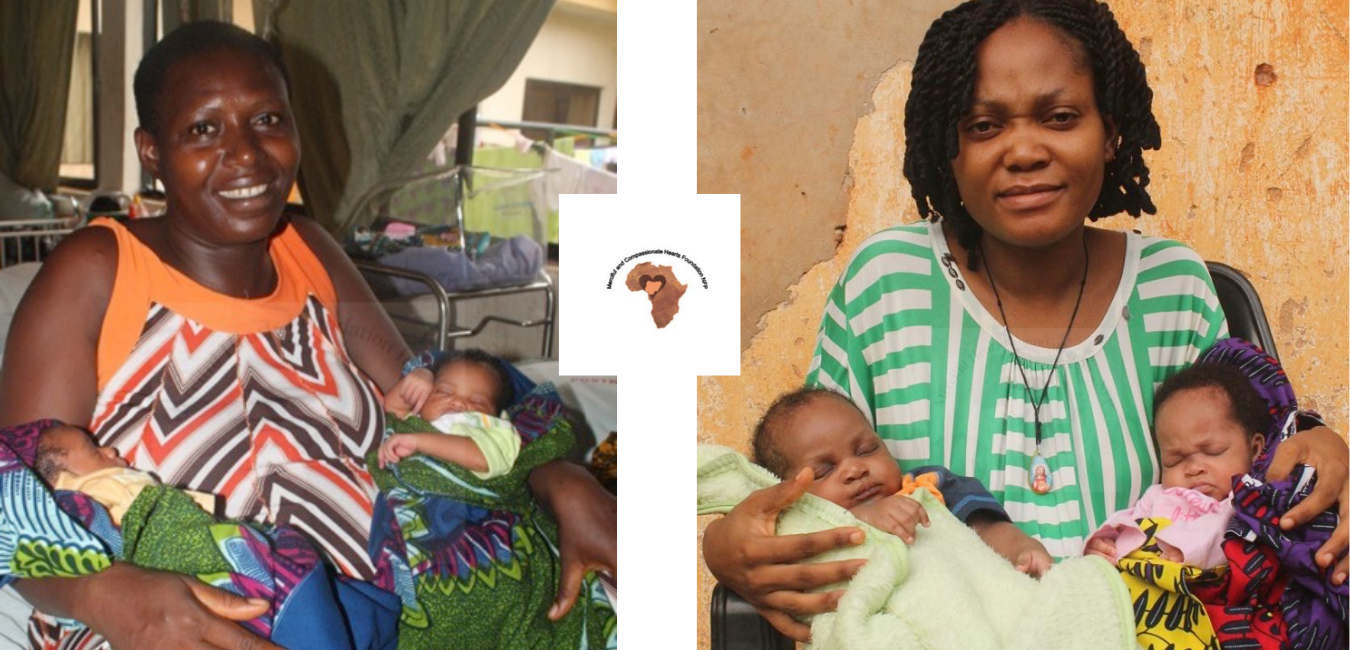
HIV in Nigeria
Children under the age of 15 year old become infected with HIV mainly through mother to child transmission. This occurs when an HIV positive mother passes the virus to her baby.
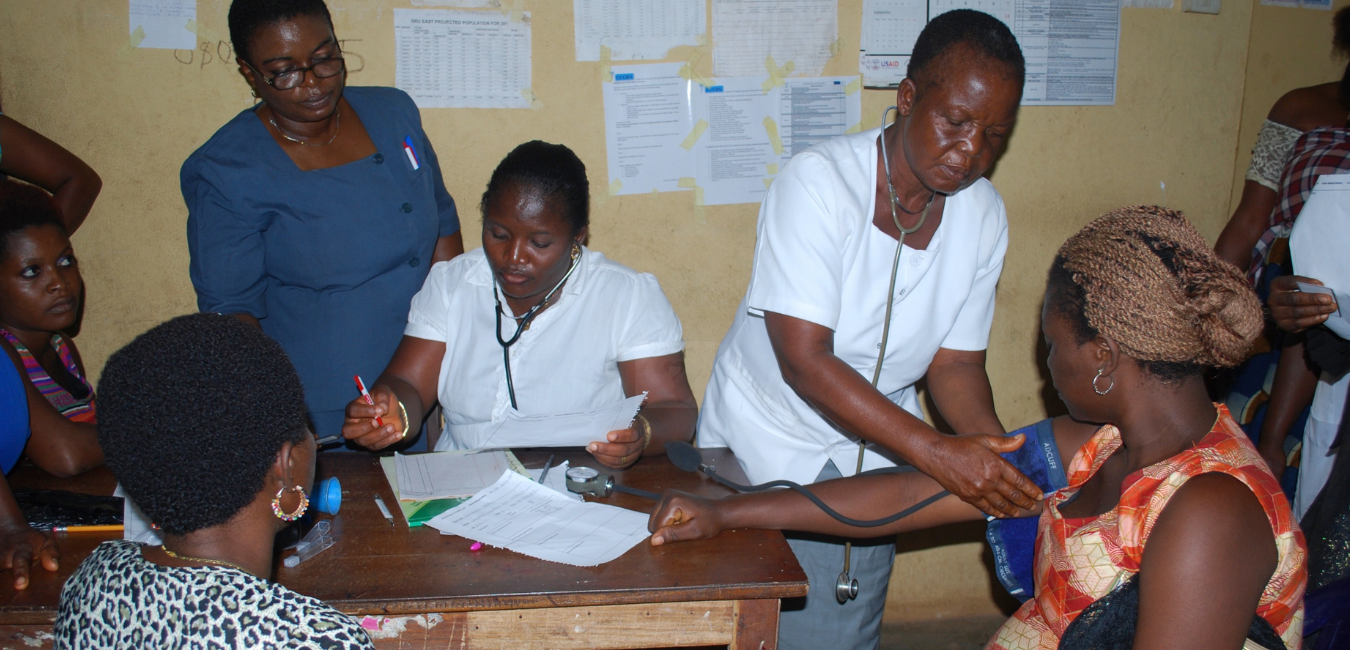
Children in Nigeria
Over 7 million school-age children do not go to school, and over 17% dropout school due to poverty.
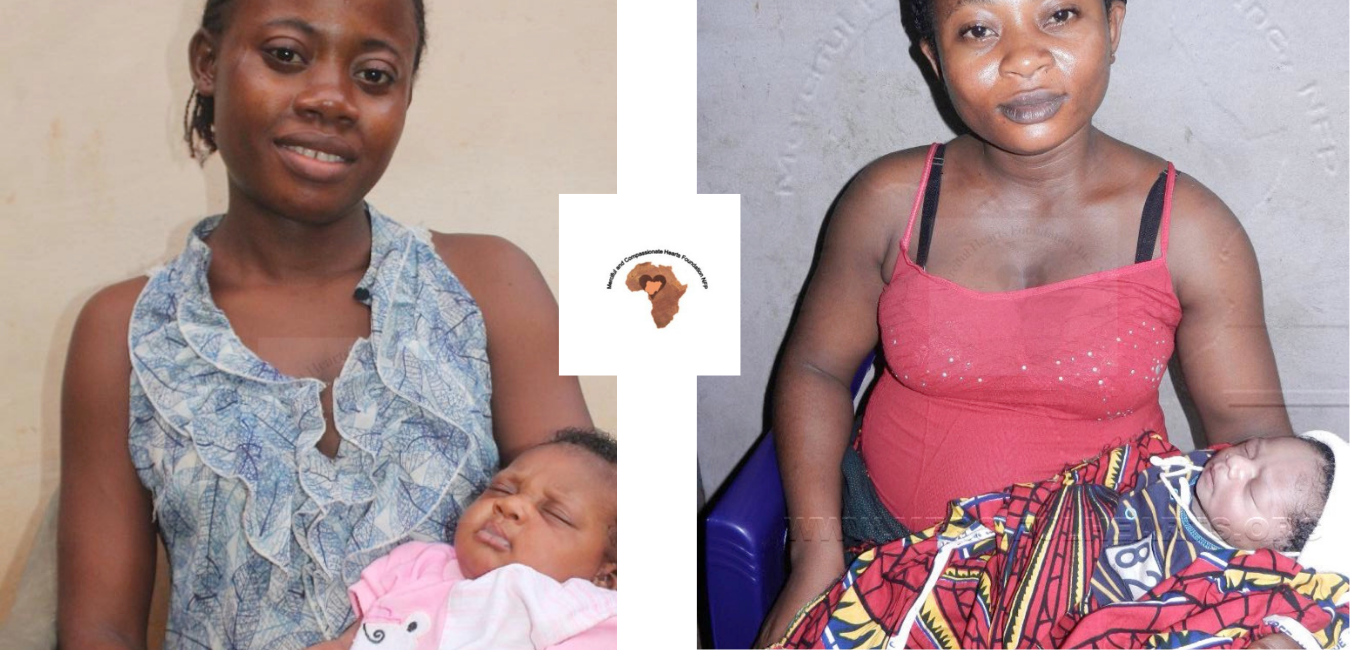
Children Mortality Rate
Approximately 1 million Nigerian children under the age of five die from easily preventable and treatable diseases.
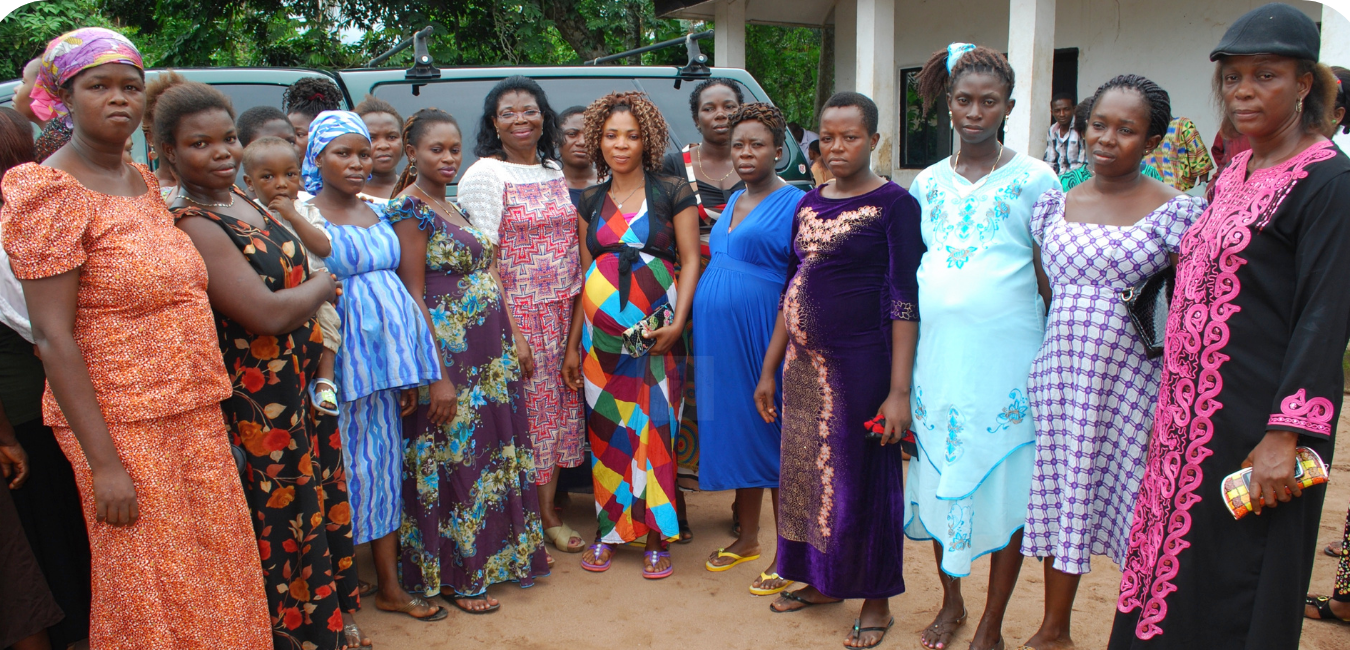
Girls in School
Many parents in Nigeria are so poor that they pull their children out of school, especially girls, contributing to the 7 million children that do not go to school and the 17% drop out.
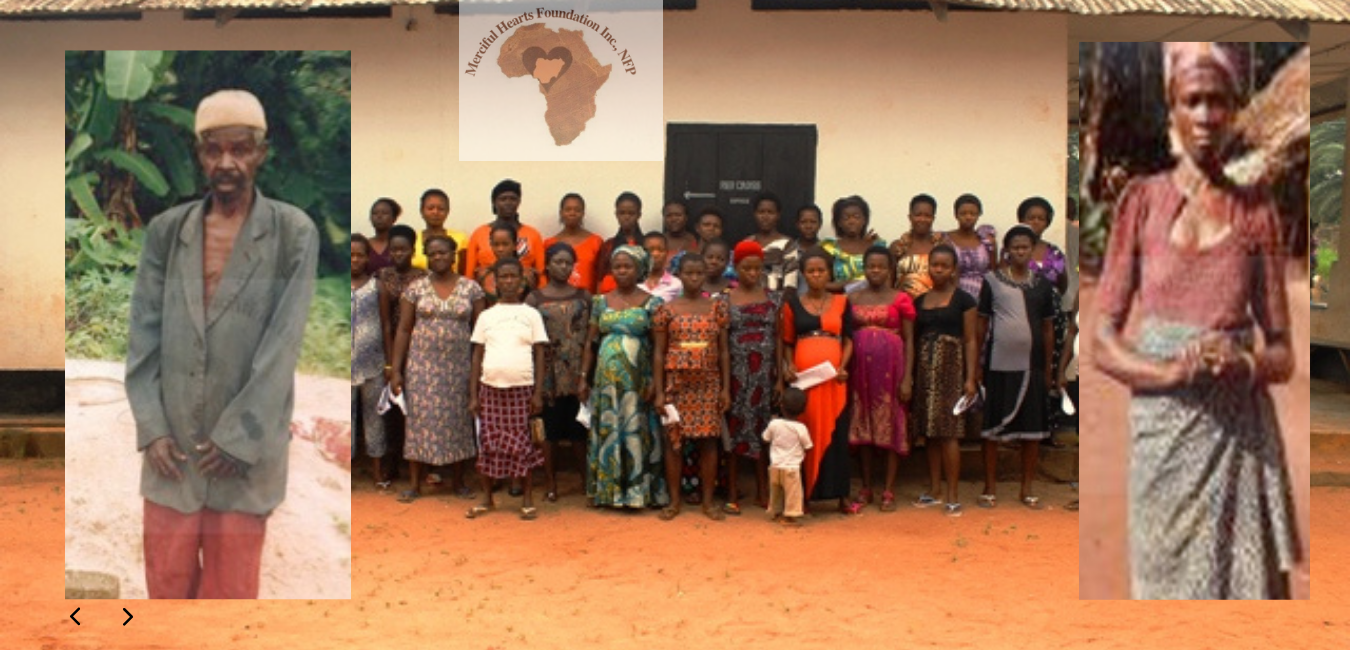
Women and Healthcare
85% of women have no access to any type of healthcare in Nigeria.

In rural communities
over 85% have no access to healthcare.

Over 45% of women give birth in their homes in rural areas
Every year thousands of pregnant women and children die from preventable causes such as failed home childbirth, hunger, anemia, malaria, and a variety of infectious diseases.
Women with HIV
who take antiretroviral medication during pregnancy as recommended can reduce the risk of transmitting HIV to their babies to less than 1%.

The most common route of HIV transmission is from mother to child
during pregnancy, labor and delivery, or breastfeeding is.

Without treatment
the likelihood of HIV passing from mother-to-child is 15-45%. The most common causes of maternal death are obstructed labor, postpartum hemorrhage, and eclampsia.
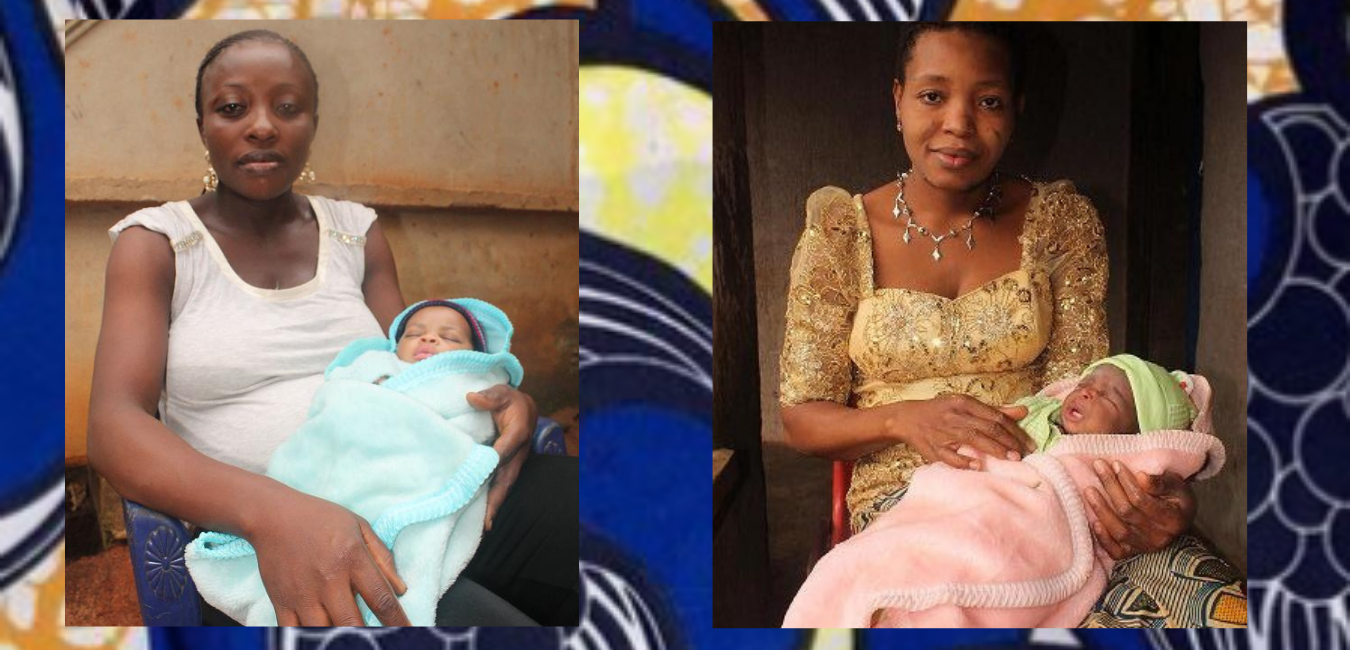
MATERNAL AND INFANT MORTALITY
In Nigeria the incidence of maternal and infant mortality is more than 90% in addition to hunger, poverty, and malnutrition.

PREVENTABLE AND TREATABLE DISEASES
Five hundred thousand Nigerian women die from easily preventable and treatable diseases and pregnancy related complications annually.

Elderly in Nigeria
A majority of elderly people lack retirement funds and the support of their children is lost when their children move far away to pursue better financial opportunities. The elderly suffer, due to lack of contact, and consequently experience malnutrition and insufficient medical care.
MAKING A DIFFERENCE
100% of donations made to Merciful Hearts Foundation directly help poor pregnant women, infants, and children who do not receive medical care.
